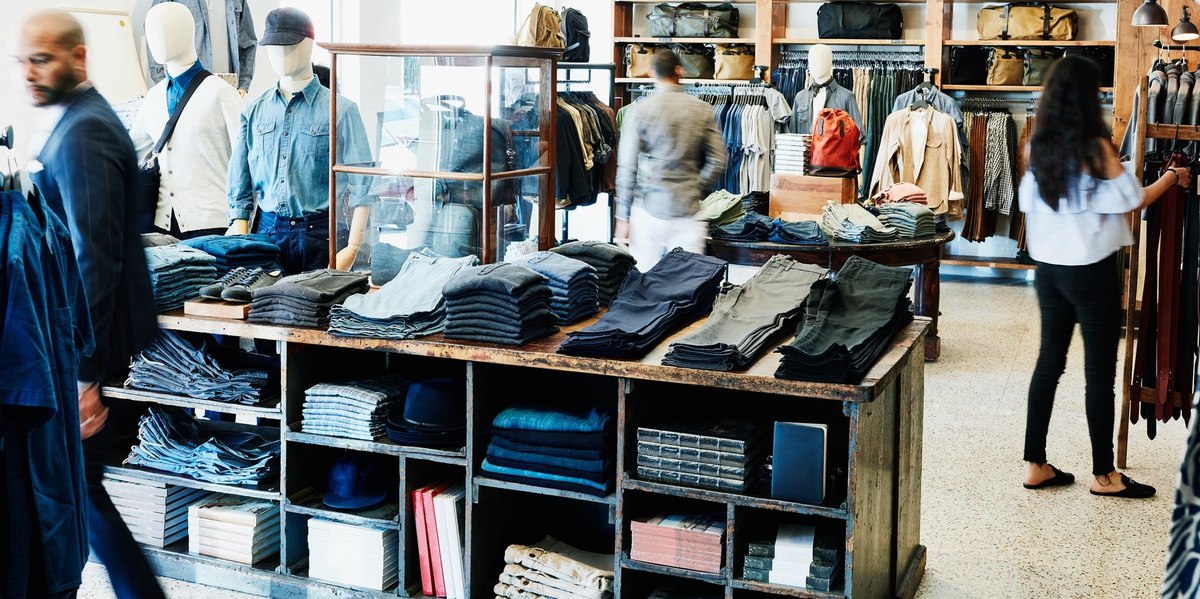
US shoppers’ opinions: From fast fashion and sustainability to fair trade and pre-loved clothes
The fashion industry has undergone a shift in recent decades with the rise of fast fashion brands offering trendy styles at low prices. This trend has come under increasing scrutiny for its environmental impact, with concerns about resource consumption, pollution and labor practices. In March 2023, a report by the United Nations Environment Programme (UNEP) stated that fashion was responsible for up to 10% of annual global carbon emissions. Let’s look at consumer research from YouGov Profiles to examine opinions about fashion and how many are interested in sustainable and ethical fashion choices.
Whether the purchase of fast fashion constitutes an indifference towards environmental concerns is a polarizing matter. While over a third of respondents (37%) either agree or tend to agree with the notion, a substantial share (31%) disagree or tend to disagree.
Younger Americans are more likely to align with the idea, with 50% of Gen Z and 44% of Millennials expressing agreement.
When it comes to product quality, a clear majority of American consumers (67%) are willing to pay extra for well-made items. This preference is evident across income levels, with even 60% of low-income earners indicating a willingness to invest in quality.
Despite a willingness to spend more on quality, this sentiment does not translate to an overwhelming commitment to sustainability. Around three in ten consumers (29%) agree that they only buy clothes from sustainable brands, while 47% disagree.
Consumers also express a desire for transparency and ethical sourcing. A majority of respondents (67%) indicate that they would like to know where their products are manufactured, highlighting an interest in understanding the supply chain. Additionally, around two-fifths of respondents (43%) express support for fair trade practices, demonstrating a willingness to consider the social and economic impacts of their purchases.
The survey also explores attitudes towards second-hand shopping. Data indicates that consumers are divided about buying pre-loved clothes with 40% saying they are open to this option and 39% saying no.
Make smarter business decisions with better intelligence. Understand exactly what your audience is thinking by leveraging our panel of 26 million+ members. Speak with us today.
Methodology: YouGov Profiles is based on continuously collected data and rolling surveys, rather than from a single limited questionnaire. Profiles data for the US is nationally representative and weighted by age, gender, education, region, and race. Learn more about Profiles.
Image: Getty Images